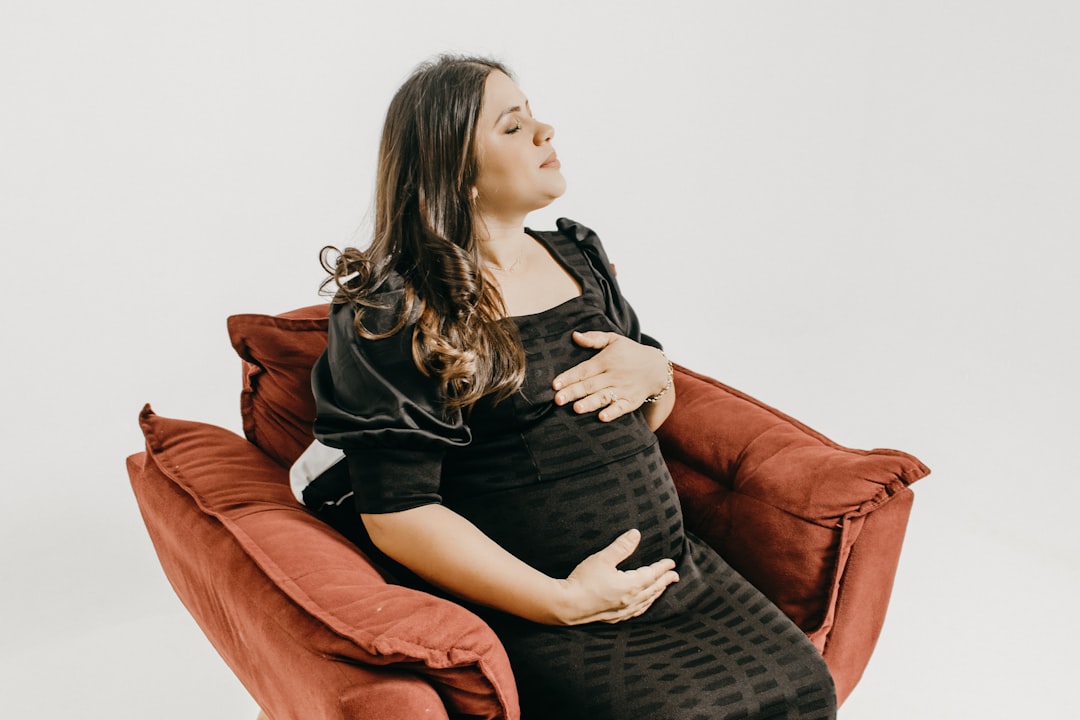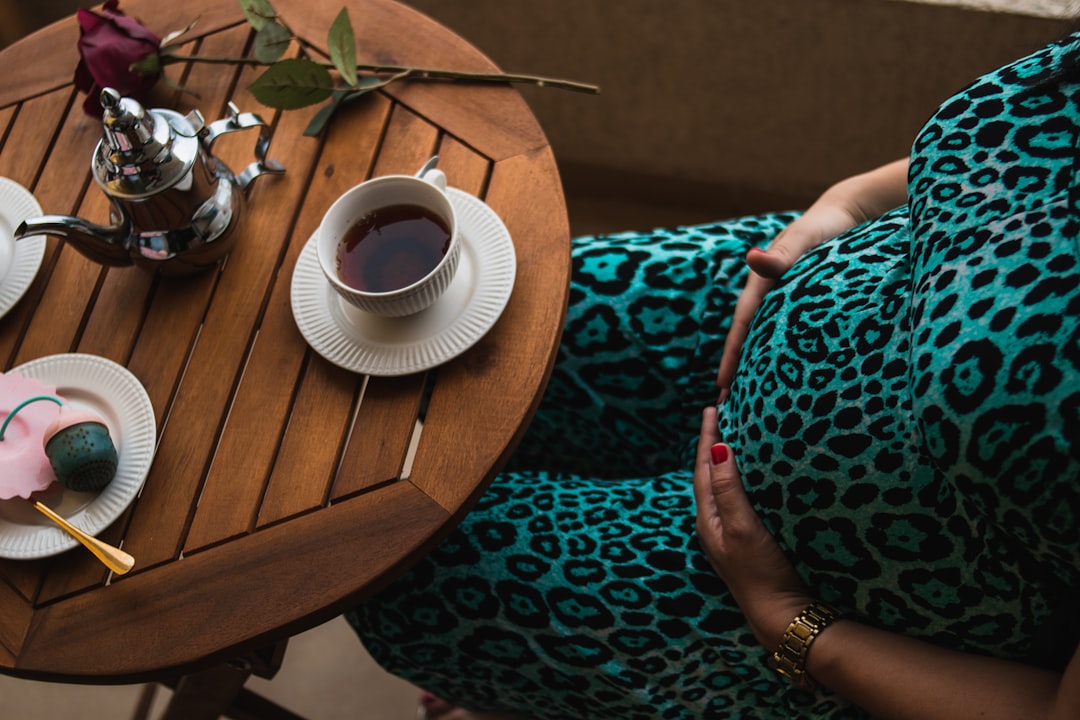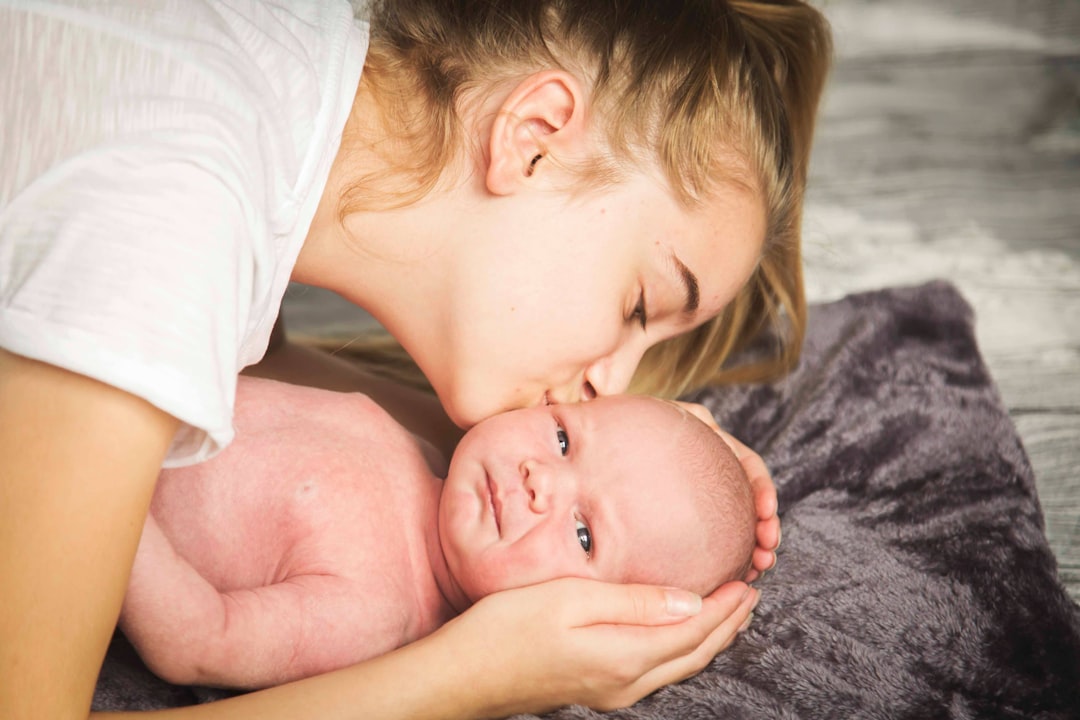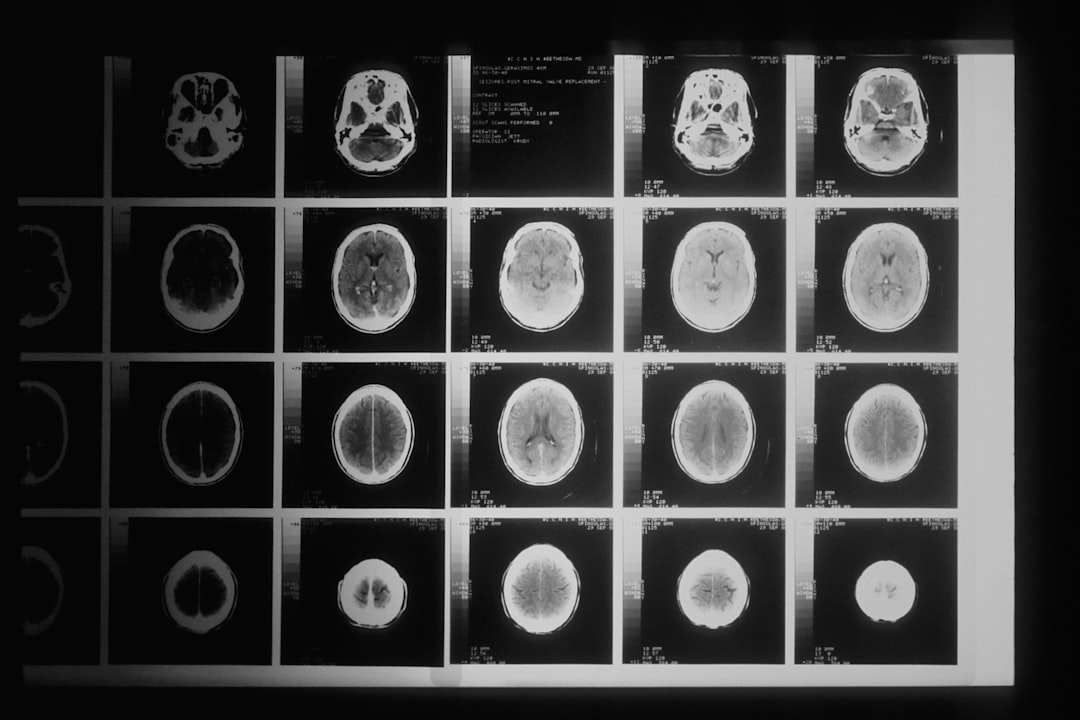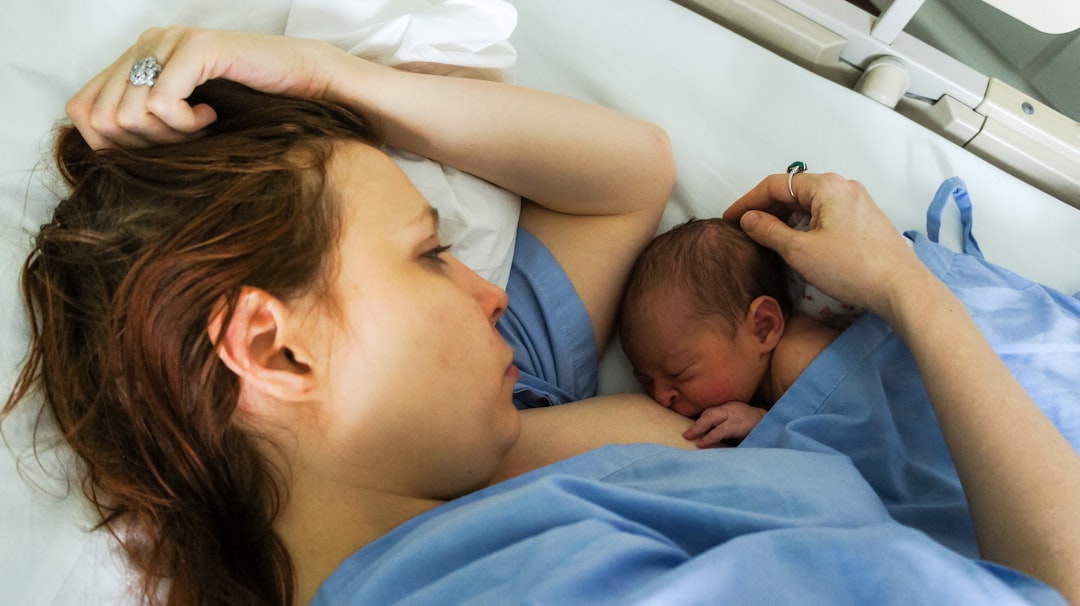Blog
- Baby's Health
- Beauty & Lifestyle
- Better Sleep
- Fertility
- Giving Birth
- Health & Wellness
- Home Designing
- LGBTQ+ Community
- Love & Romance
- Menopause
- Menstrual Cycle
- Mental Health
- Mindfulness
- Motivation & Inspiration
- Nutrition
- Parenthood
- Passion
- Post Pregnancy
- Pregnancy
- Relationships
- Science
- Spirituality
- Sport & Fitness
- Uncategorized
- Wisdom of Healing
- World Travel
Postpartum boundaries: How to protect your energy as a new mom
Becoming a mother is transformative, beautiful, and—let’s be honest—completely exhausting. While everyone focuses on the baby’s needs, your physical recovery and emotional wellbeing often take a backseat. Research indicates it takes roughly a full year for your body to reach a new equilibrium after pregnancy and childbirth, yet 40% of U.S. mothers return to work within just 6 weeks postpartum.
Postpartum mental health: How to recognize when it’s more than the baby blues
You’ve welcomed your baby into the world, but instead of feeling purely joyful, you’re experiencing a rollercoaster of emotions. Tearfulness, anxiety, irritability—these feelings can be confusing and frightening when you expected motherhood to bring only happiness. If this sounds familiar, you’re not alone. Nearly 25% of women experience postpartum depression up to one year after childbirth, according to [research](https://home.beginning.com/blog/post-pregnancy/early-postpartum-support-first-six-weeks-after-birth-postpartum-emotional-needs/).
Why online pregnancy courses are becoming the go-to for expecting moms
Pregnancy is a transformative journey filled with excitement, questions, and sometimes, uncertainty. As technology reshapes our daily lives, it’s also revolutionizing how expecting mothers prepare for childbirth and parenthood. Online pregnancy courses have emerged as powerful alternatives to traditional in-person classes, offering unique advantages that resonate with today’s parents-to-be.
The science of pregnancy fatigue: why you’re so tired and how to cope
You’re growing a human being. Your body is working overtime, and you’re exhausted in ways you never imagined possible. If you find yourself wondering why simply existing feels like running a marathon these days, you’re not alone. Research shows an overwhelming 94.2% of pregnant women experience fatigue during pregnancy, with some studies placing this number as high as 98%.
Nutrition myths in pregnancy: Separating fact from fiction
Pregnancy often brings a flood of well-meaning advice about what to eat and what to avoid. Unfortunately, much of this guidance is based on outdated information or cultural myths rather than scientific evidence. As you navigate these crucial nine months, understanding the difference between nutrition facts and fiction becomes essential for both your health and your baby’s development.
The emotional shift from pregnancy to parenthood: What to expect
The moment your baby arrives marks not just the end of your pregnancy journey, but the beginning of one of life’s most profound transitions. While much attention focuses on physical recovery, the emotional transformation from pregnancy to parenthood often catches new parents by surprise.
Why the fourth trimester deserves more attention
That magical moment when you finally meet your baby after nine months of pregnancy is just the beginning of another profound journey—one that doesn’t get nearly the attention it deserves. While pregnancy is marked by regular check-ups, baby showers, and endless advice, what happens after birth often falls into a curious gap in our healthcare system and cultural consciousness.
Pregnancy brain: myth or science? What’s really happening to your memory during pregnancy
Have you ever walked into a room during pregnancy and completely forgotten why you’re there? Or perhaps you’ve missed an important appointment despite setting multiple reminders? You might be experiencing what’s commonly called “pregnancy brain” or “baby brain” – a phenomenon many expectant mothers report but often question whether it’s real or imagined.
Sound therapy in pregnancy: More than just relaxation
Are you struggling with pregnancy insomnia, stress, or anxious thoughts about your upcoming motherhood journey? You’re not alone. The transformative months of pregnancy bring joy but also unique challenges that affect your mental and physical wellbeing.
Postpartum Partners: How to Share the Load and Support Each Other
The arrival of a new baby brings joy, wonder, and a mountain of new responsibilities. While much focus is placed on the birthing parent’s recovery and the baby’s needs, the transition to parenthood is a profound adjustment for both partners. Nearly 25% of women experience postpartum depression up to one year after childbirth, making partner support essential during this vulnerable time.
Mindful pregnancy: How to stay present during each trimester
Pregnancy transforms your body, mind, and life in profound ways. While exciting, these nine months can also bring uncertainty, anxiety, and overwhelming emotions. Mindfulness—the practice of staying present and aware without judgment—offers powerful tools to navigate this transformative journey with greater ease and connection.
Postpartum body changes no one talks about
After giving birth, your body embarks on a remarkable journey of recovery and adaptation. While some postpartum changes are commonly discussed, many physical and emotional transformations remain unspoken, leaving new mothers feeling unprepared and isolated in their experiences.
The surprising link between hydration and pregnancy health
Pregnancy transforms your body in countless ways, and proper hydration becomes even more crucial during these nine months. While most expectant mothers know they should “drink more water,” few understand exactly why hydration matters so profoundly during pregnancy or how it affects both mother and baby.
Managing stress in the second trimester: Why it matters for you and baby
The second trimester is often called the “golden period” of pregnancy. Morning sickness typically subsides, your energy returns, and that baby bump finally starts to show. Yet amid these positive changes, stress can still loom large. Research shows that up to 70% of pregnant women report symptoms of stress and anxiety during pregnancy, with 17% experiencing anxiety specifically in the second trimester.
Why online pregnancy courses are changing the way women prepare for birth
Are you expecting a baby and wondering about the best way to prepare for birth? Traditional in-person childbirth classes have long been the standard, but a digital revolution in prenatal education is transforming how expectant mothers learn about pregnancy, childbirth, and beyond.




